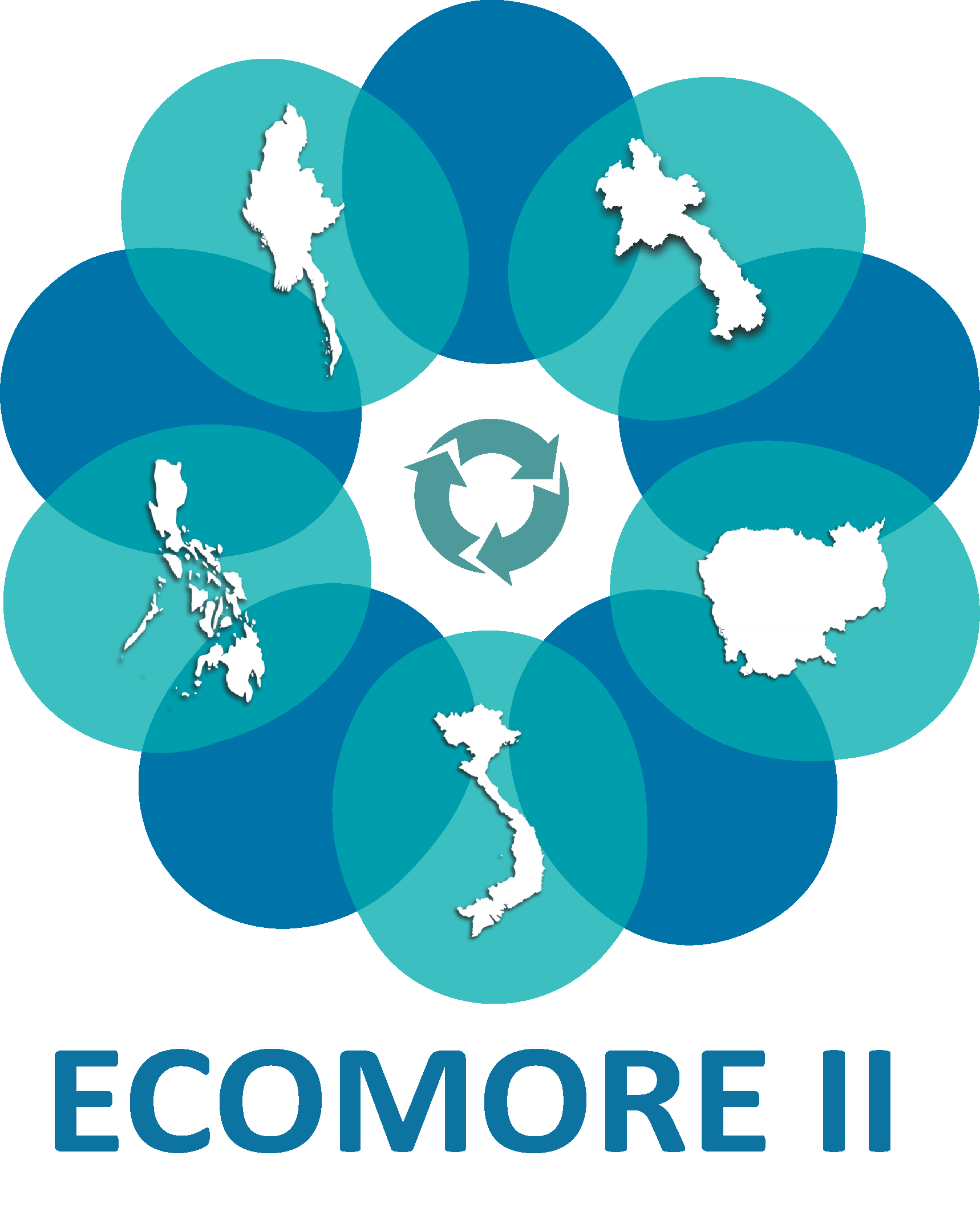The core of ECOMORE project is to better understand anthropogenic ecological changes responsible for the emergence of infectious diseases and to measure the health risks for local communities as a result of improvement of surveillance systems and strengthening of national and regional cooperation.
The project coordinated by Institut Pasteur (Department of International Affairs) is implemented in 5 countries and more especially, 5 institutes are responsible to implement the ECOMORE project: the Institut Pasteur du Cambodge in Cambodia, the Institut Pasteur du Laos in Lao PDR, the National Health Laboratory –NHL in Myanmar, The Reaserch Institute of Tropical Medicine in the Philippines, the National Institute of Hygiene and Epidemiology-NIHE in Vietnam.









The ECOMORE project is be based on three types of intervention:
- Capacity building for participating laboratories,
- Support for public policies in the area of intervention defined for each country
- Networking and sharing methodologies and information at the regional level
In the area of vector-borne and water-borne diseases, a priority topic has been defined with the Partner and National Health Authorities for each country, but the whole Project nevertheless respond to the following common objectives:
- Decipher ecological mechanisms responsible of emergence of infectious diseases
- Assess the actual risk for local population health and improve surveillance systems
- Release appropriate recommendations to implement proper public health interventions and effective surveillance systems
- Reinforce collaboration between major national and regional stakeholders (National Partners, WHO, Institut Pasteur International Network, etc.).
